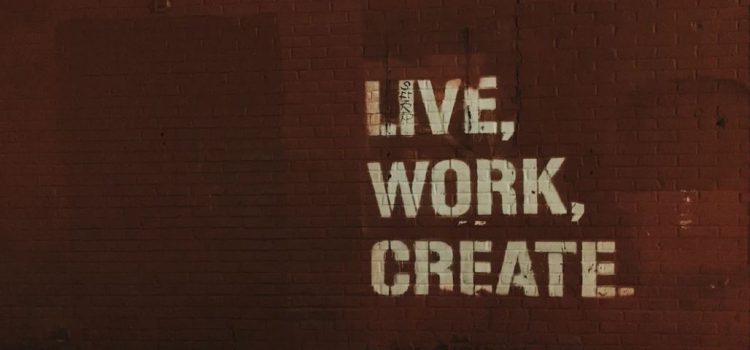

This article is an excerpt from the Shortform book guide to "The Daily Laws" by Robert Greene. Shortform has the world's best summaries and analyses of books you should be reading.
Like this article? Sign up for a free trial here.
What’s your work style? Did you create it deliberately? Would you like to develop your own unique way of working?
Throughout history, many famous innovators—whether they engineered scientific breakthroughs or composed revolutionary musical pieces—went through a process of developing their own style of work. You, too, can go through this process and make a unique mark on the world.
Read more to learn how to develop a personal style that sets you and your work apart in your field.
Developing Your Work Style
Greene explains that the journey to mastery begins with a fundamental phase of intense and self-directed learning. This learning stage often takes five to 10 years. After this, you have the foundational skills and knowledge necessary to experiment with techniques and apply your personal style to create valuable and unique work.
Greene says you’ll know you’ve reached this stage when the basics of your craft feel intuitive—you’ve internalized the ins and outs of your field. Rather than stumbling over technical mistakes and beginner struggles, your mind is free to experiment and innovate. He offers two suggestions to help you create a masterful work.
(Shortform note: In Ultralearning, Scott Young argues that experimentation is crucial to moving beyond basic proficiency and creating original, masterful work. When you’re a beginner, you learn through the examples of others. Experts, however, have their personal styles and techniques that can only be formed by experimentation. According to Young, you can experiment by copying the approaches of other experts, comparing two different approaches, practicing an unrelated skill, and trying things outside your comfort zone.)
1. Develop a flexible mind. When you’ve become comfortable with your skill, it’s easy to grow complacent and get stuck in a traditional way of viewing things. This limits your creative ability, however. To avoid this, seek uncertainty, challenge your instinctive beliefs, and explore all angles of an idea or situation—consider not just what’s there but what’s missing.
(Shortform note: Another way to develop flexibility is by being playful. In Big Magic, Elizabeth Gilbert writes that you should approach your creative work and process with a playful attitude. Like Greene, she warns against adhering too strictly to rules and principles, which blocks your receptivity to creative ideas. Instead, view obstacles with a light and fun attitude, which makes you more open to innovative solutions and makes the experience more enjoyable.)
2. Hone your concentration. According to Greene, focus and patience allow you to produce quality work. If you rush the process, you detract from the potential of your work. Greene suggests you instead seek pleasure in the creation process itself—not in the completion of the project. When you feel frustrated or distracted, try meditating or taking a break to gain the necessary distance to refocus yourself.
(Shortform note: Focus is an integral part of what Cal Newport calls “deep work,” which is important, difficult, and fulfilling work that helps you learn new skills and create quality output. In Deep Work, he explains that when you multitask, other tasks still linger in your mind, which prevents you from fully focusing on the one at hand. Newport recommends making deep work a habit by scheduling a regular time for it and setting up a space where you only engage in focused work.)

———End of Preview———
Like what you just read? Read the rest of the world's best book summary and analysis of Robert Greene's "The Daily Laws" at Shortform.
Here's what you'll find in our full The Daily Laws summary:
- Why our beliefs tend to leave us feeling unhappy and unfulfilled
- How to attune yourself to the reality of how the world really works
- How to manage your emotions and develop rationality






